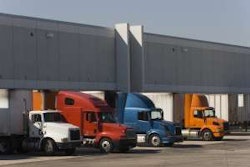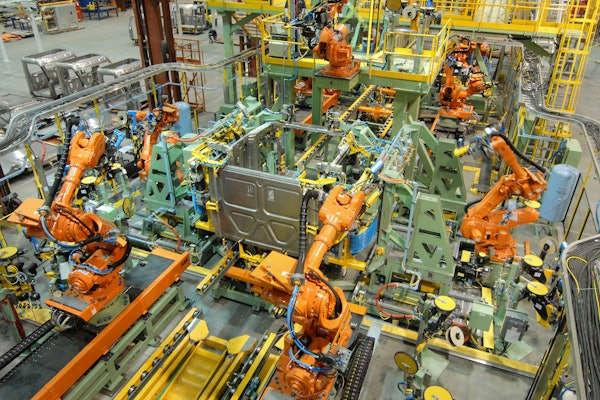Highline Technical Innovations, the creator of a hydrogen system that it says has proven successful in the marine and agricultural industries, announced that its HY-Impact line of Intelligent Hydrogen Systems is now commercially available for all industries utilizing diesel combustion engines.
Through a partnership with Alternative Hydrogen Systems Group Sales & Marketing, LLC, the two entities have merged to form Alternative Hydrogen Solutions (AHS) to bring the products to market. For industries utilizing diesel combustion engines, AHS says its Intelligent Hydrogen Systems will reduce fuel costs and minimize harmful emissions.
The HY-Impact system is engineered to increase fuel economy between 9 and 23 percent and can reduce diesel exhaust fluid (DEF) usage by up to 40%. The system runs on fewer than 3 amps of power and requires one cup of distilled water every 900 operating hours.
The distinguishing characteristic of its HY-Impact product line of Intelligent Hydrogen Systems is “the fact that we aren’t using hydrogen as a fuel. Instead we are using it as a catalyst to help burn the fuel more completely,” says Charlton Coats, CEO of Alternative Hydrogen Solutions. “In addition, we employ three patent-pending pieces of technology. Two of these regulate the exact flow of hydrogen while the other ensures no moisture enters the engine.”
As a natural fuel resource, hydrogen contains three times the energy of natural gas of the same volume. In order to be used as a catalyst to more completely burn fuel, hydrogen is first separated from water via the process of electrolysis. When the precise required amount of hydrogen is introduced into the engine’s combustion chamber, a more efficient fuel burn will result, the exhaust will run at a lower temperature, and the reduction in carbon and heat will reduce internal friction. The reduction in heat results in an increase in engine efficiency and consequently a reduction in harmful emissions.
“Put simply,” explained Coats, “we are using hydrogen to completely burn the fuel in the cylinder, instead of allowing roughly 30% of fuel that otherwise would remain unburned and cause the engine to run hotter and less efficiently to ultimately then be released out into the environment in the form of harmful emissions.”
”The key to our success is that we effectively control the release of the hydrogen,” continued Coats. “Different engines require different levels of hydrogen in order to maximize the fuel efficiency of each. Producing hydrogen is the easy part, it is how we control and utilize the hydrogen that separates our HY-Impact line of products from the products of other companies that attempt to use hydrogen in some form.”












